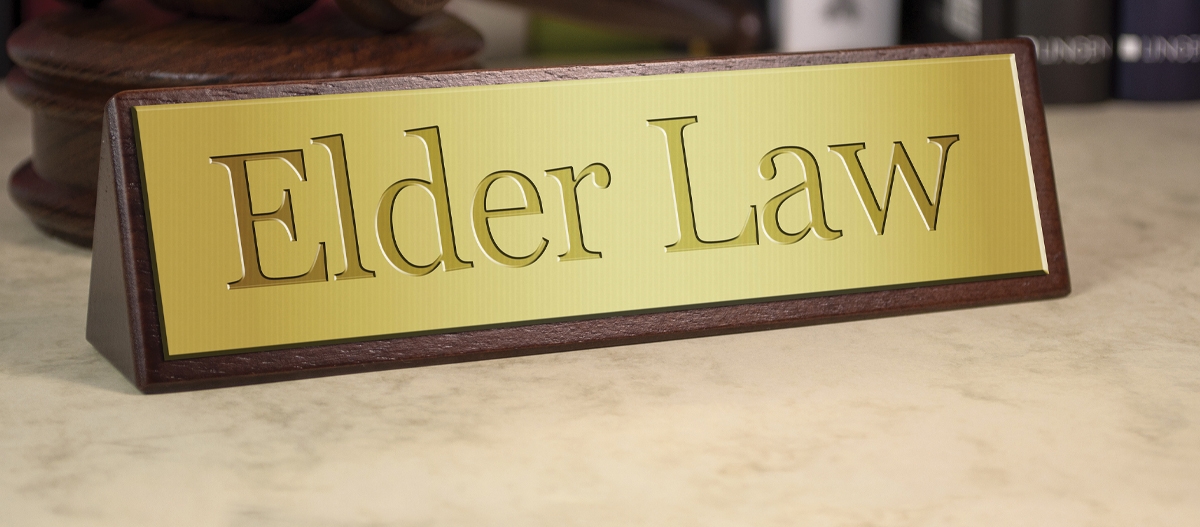By WILLIAM REDIG, Rideg Law Office, PLLC
A legal guardian is an individual who has lawful authority to care for another person, named a “Ward.” Following a court notice and hearing, a court appoints a legal guardian to oversee the ward, who has become incapacitated and requires assistance with personal, medical, and/or property needs.
While minors often require legal guardianship, this article will provide an overview of legal guardianship for disabled or incapacitated adults.
Montana law reflects that an incapacitated person is one “who is impaired by reason of mental illness, mental deficiency, physical illness or disability, chronic use of drugs, chronic intoxication … to the extent that the person lacks understanding or capacity to make or communicate decisions concerning the person, or which cause has so impaired the person’s judgment that the person is incapable of realizing and making a rational decision with respect to the person’s need for treatment.” [MCA 72-5-101 (1)]
Types of Legal Guardianship
There are several types of legal guardianship. Each is unique and reflects the court’s decision about how much authority the legal guardian shall have over the ward.
While under a legal guardianship, the ward maintains his civil and legal rights, with the exception of specific, decision-making rights the court grants or transfers to the legal guardian.
A limited-legal guardianship reflects that while the ward is capable of making decisions about his personal care, he requires assistance with other important life decisions related to finances, health or property, for example.
Legal co-guardianships occur when the court appoints two guardians to address decisions for the ward. This helps prevent any abuse of power by one of the legal guardians by dividing the decision-making power.
A full-legal guardianship results when the court transfers the ward’s civil rights—including the right to make medical decisions, sign legal contracts, and choose where to reside—to the legal guardian.
Legal guardianships may also vary in their length of time. For example, in an emergency situation, if an incapacitated person who does not have a legal guardian suffers from an accident, disease, or other condition threatening their welfare, the court may appoint a temporary legal guardian.
In such instances that guardian may have limited or full guardianship, dependent on the ward’s specific needs.
The court may replace a legal guardian who is improperly performing duties with a temporary legal guardian for the ward until the appointment of another legal guardian.
Should an appointed legal guardian resign, the court will initiate the procedure to locate another. In the interim, a temporary guardian will be appointed.
In any case involving legal guardianship, the court may not give a legal guardian more power over the ward than circumstances require.
Once the court has determined who will act as legal guardian, it will issue an order of appointment stating what type of legal guardianship is being created, as well as the specific powers and duties of the legal guardian.
Naturally, the appointment of a legal guardian will present a significant change in the life of the ward and should be carefully considered only after reviewing other options.
Alternatives to legal guardianship may include the implementing an estate document, such as a Living Will, a Durable Power of Attorney for Medical Treatment, or a Durable Power of Attorney for Finances.
These documents can help assure, should the need arise, that an individual will receive only the type and level of care they wish to receive.
Such documents are likewise respected by the court and may serve to avoid the guardianship process altogether. MSN
This is the first of a 6-part series on guardianship. If you have questions about legal guardianship, you may contact Rideg Law Office at 406-626-1500.









